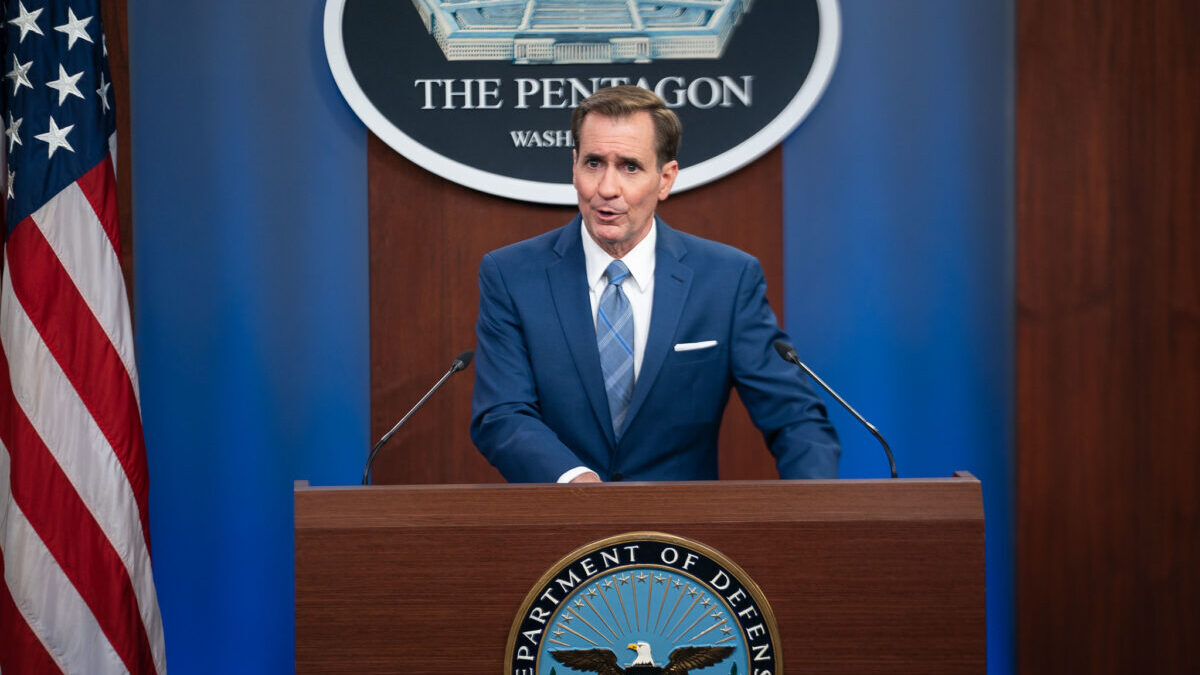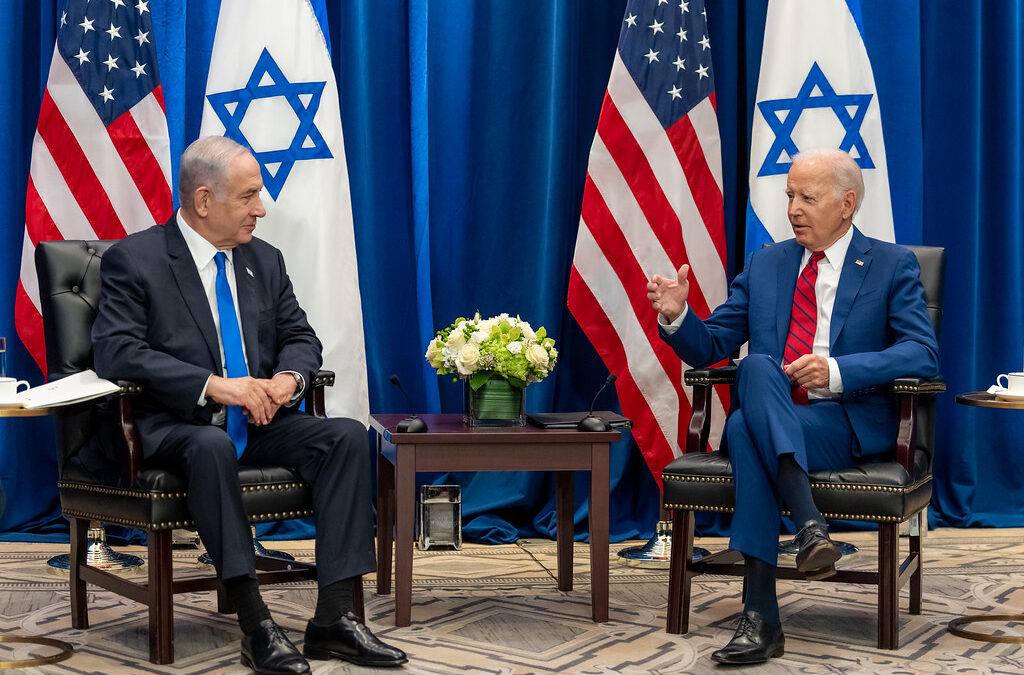The killing of an American contractor in eastern Syria by an Iranian drone — and the embarrassing tit-for-tat precision strikes by the U.S. followed by retaliatory strikes that injured several service members — has put Syria back into the national conversation, to the Biden administration’s chagrin.
After all, it was the Obama-Biden administration that created today’s Syria, abandoning both its policy of “Assad must go” and its ultimatum of a “red line.” It likely made these actions as concessions to the Iranian regime it sought to bring into what became the Joint Comprehensive Plan of Action, also known as the Iran nuclear deal.
Syria today remains a complex mess and is the site of a civil war whose tragic humanitarian toll over more than a decade is unspeakable. Its brutality is unmatched in any other part of the world, and it includes the use of sarin nerve gas against its own population.
Nowhere in the Middle East do American interests and security risks converge more closely together than in Syria. If the United States has a clear policy and approach in the Middle East, that is reflected in how it engages in Syria. Syria’s dictator, Bashar al-Assad, is a key proxy of the Iranian regime. Syria borders Israel, and risks posed by Assad, as well as Hezbollah in neighboring Lebanon, are formidable. Al-Qaida’s main global base of operations today is in Syria, and ISIS stood up its state in much of the eastern part of the country. Turkey maintains a keen focus on the Kurdish-controlled parts of the country in the northwest, particularly because it regards the Kurdish Kurdistan Workers Party (PKK) group as its top terrorist threat.
In 2022, Syria joined China’s Belt and Road Initiative, and China reportedly may use its recently announced peace deal between Saudi Arabia and Iran to address the stabilization of Syria.
Ignoring Syria, however, is not an option. Neither is the Obama-era approach of maintaining military engagement in the country without a policy.
Four years ago, I noted that the Trump administration was able to effectively define and achieve an American interest in the country and draw down its presence when that objective was achieved. The key was not only clarity regarding how to degrade ISIS but also a consistency of policy across the region.
This consistency of policy, namely a “maximum pressure” campaign against the Iranian regime, ensured that Iran’s proxies knew to expect the same degree of merciless force that the regime itself faced should they harm an American. As a result, their ability to pursue their malign activities was curtailed by the sanctions the Trump administration had in place.
The Biden administration could only afford to launch precision strikes because its policy on Iran is consistent, which is to bring it into a deal at all costs, even remaining silent during historic protests against the regime. It is noteworthy that just weeks after the Iranian drone strike that killed an American, Axios reported an “interim” nuclear deal the Biden administration was working on with Iran. This is a replay of the Obama-Biden approach, only in much more dangerous circumstances as our allies around the world flock to China’s orbit and Iran nears its nuclear ambitions.
That this is happening as the Authorizations for the Use of Military Force (AUMF) of 2001 and 2002 fade into the history books is a further cause for concern. Wherever one stands on the constitutionality of the AUMF, regarding whether the president needs the authorization to use military force and whether repeal or reform was the right approach, the legislation did have another less discussed value as a messaging device. Adversaries were put on notice that Congress supports the president’s pursuit of threats to Americans wherever they are, whenever they present themselves.
Today, adversaries will take note that the AUMF disappears during a presidency that does not engage in addressing the real threats facing the American people.
Alongside Afghanistan, Ukraine, and Taiwan, Syria will grow into a flashpoint of new threats to Americans and our interests. The difference with Syria in 2023 is that this administration lacks not only a policy but also a will to engage.









